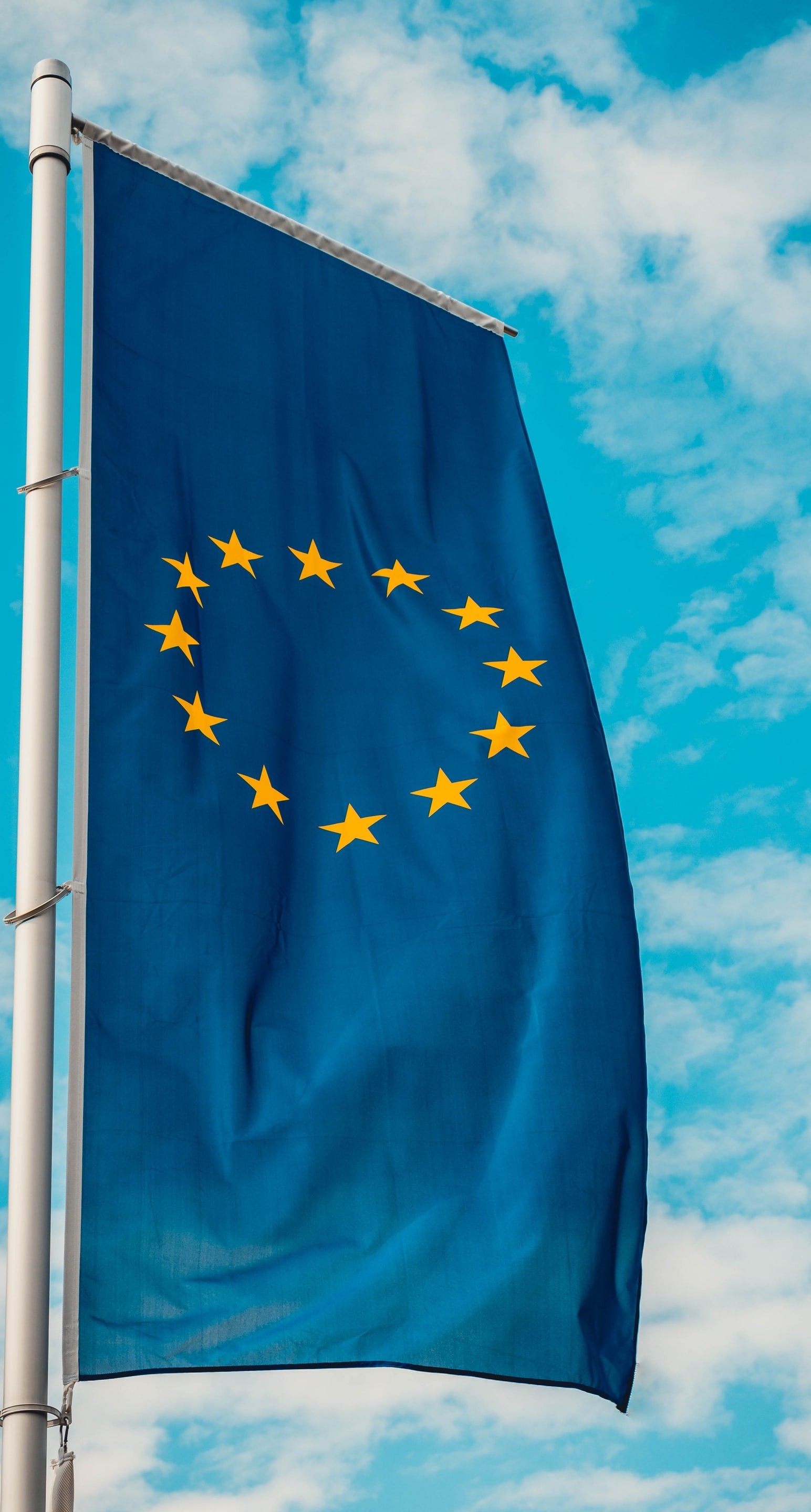The Way We Work

Project Advocacy
Research and Evidence-based Evidence of the Needs of Children, Parents, and Educators Are the Foundation of This Program
A Child Advocacy Program has been launched in Bulgaria by the Children's Society Foundation. A philosophy based on evidence and research on the needs of children, parents, and teachers. The dropout rate among children has been greater than 10% for various social reasons in the past few years. National Statistical Institute data indicates that over 300,000 children have not attended school in the past decade. Over 2000 babies were abandoned by their parents in the past years, the main causes being poverty and lack of education. Many families are at risk for abandoning their children because of the stress caused by poverty, malnutrition, and a lack of community support. In response to the increased needs of children in Bulgaria and the process of deindustrialization, the Children's Society Foundation established an Advocacy Program, which provides mentoring and advocacy services, to prevent family separation and strengthen community services.
Researchers have studied the effects of insecure attachment on a child and the program is based on that research. This program targets the following children:
Child at risk of abandonment; Adverse school performances; Displaying behavior problems; Bullying other children; Emotionally unstable, and Developmentally delayed.
The way we work
Children's Society Foundation's advocacy program provides a professional psychological assessment and develops a plan for the future for each child involved. Parents and school guidance are also supported.
Children and parents can learn about the Advocacy program of the project "Mobile Center for Work with Children" through online sessions.
The state of emergency will continue until the end of the formal phase of the state of emergency (from March 20, 2020 - to the end).
Following the declaration of a state of emergency in the Republic of Bulgaria, as well as with the instructions of 18.03.2020, the information sessions for children and parents, implemented under a license for social work with children "Mobile Center", will be conducted online on a regular basis. The project's scope is extended until 2026 through the license 2021 titled "Information services" and "Advocacy Program. "The meetings are free and will be led by experts every Tuesday from 4 pm to 6 pm and every Thursday from 4 pm to 6 pm.
Pre-registration is required at ceo@childrenssociety.foundation. An e-mail will provide instructions for online consultation under GDPR.
Participating in the sessions will enable children, young people, and parents from all over the country to learn more about how conflict affects their child, learn additional techniques for overcoming differences, and provide the most appropriate support in the interests of the child.
The project was part of the "Mobile Center for Work with Children" project licensed by the SACP and ASA / 2015-2018 / and resulted from the joint work of the Children's Society Foundation and partners.
Until 2026, the project is extended by license 2021 for 'Information services' and 'Advocacy Program'.
Please join us, along with your relatives and acquaintances, in our information sessions for the sake of the children.
Please, fill in the following form for online consultation: https://docs.google.com/forms/d/e/


Knowledge is The Gift
Providing a better future for many children is as simple as a gesture of kindness
In its initiative "Every child has the right to education and development," the Children's Society Foundation seeks to promote the rights of children.
The Children's Society Foundation is leading the initiative "Every child has the right to education and development". In Bulgaria, Children's Society Foundation offers more access to knowledge and opportunities to develop children's potential. It is through education that children can develop their potential, enhance their chances for success in life, and build an economically prosperous society.
It is the Children's Society Foundation's mission to expand access to knowledge, and to help more Bulgarian children achieve their full potential. It is through education that children can realize their potential, enhance their chances of success in life, and build an active citizenship and an economically stronger society.
Organizers of the campaign "Give knowledge to develop the children of Bulgaria" hope to raise funds to support the programs of the Children's Society Foundation-Bulgaria to address the reasons why Bulgarian children drop out of school.
The programs include various components such as main focus in advocacy through work in the field of early childhood development, working with parents, working with the most vulnerable communities. The programs are aimed at developing early learning, inclusion of children in pre-school preparation and education, building a relationship with parents and positive parenting, support for retention in school for boys and girls.
The programs include a strong focus on advocacy through early childhood development work, working with parents, and working with the most vulnerable communities. Early learning, participation of children in pre-school preparation and education, building a relationship with parents and positive parenting, and support for boys and girls' retention in school are all goals of the programs.
Europe on the Internet Europe on the Web
All Citizens Interested in European Institutions and Integration Processes Will Benefit from "Europe on the Internet"
The Children's Society Foundation's most recent publication is the "Europe on the Internet" directory, authored by Maria Gerganova and Georgi Filipov. We have teamed up with experts with many years of experience to provide information about European initiatives and institutions in Bulgaria.
The need for information on European integration processes expanded dramatically when Bulgaria joined the European Union (EU) on January 1, 2007. Its availability and ease of access have a significant impact on Bulgarian individuals' engagement in European activities.
The major goal of the Internet guide "Europe on the Internet" is to provide information about the diverse and varied activities of European institutions, bodies, and agencies, as well as European programs and legislation, freely accessible to citizens. "Europe as the Internet" is a reference work that makes no claims to originality or scientific achievements. Links to web portals pertaining to European legislation, education, and policy are included in this issue. On the official EU websites, all citizens can get solutions to their inquiries.
The book is organized into eight major sections. The first part contains the websites of the EU's financial, advisory, and interinstitutional agencies and bodies. The second section focuses on EU policy in the areas of regional development, security, law, and education.
The third part contains links to all active EU programs and investment funds. The following two parts are based on general information about the various conditions and commitments that Member States and candidate countries must meet in order to become members.
Links to international bodies of the European Union – governmental and non-governmental organizations in Bulgaria and abroad – as well as supplementary sources of information – documents, data, and analysis connected to the EU – are included in the directory's last three sections.
All citizens interested in European institutions and integration processes will benefit from "Europe on the Internet," we believe.



